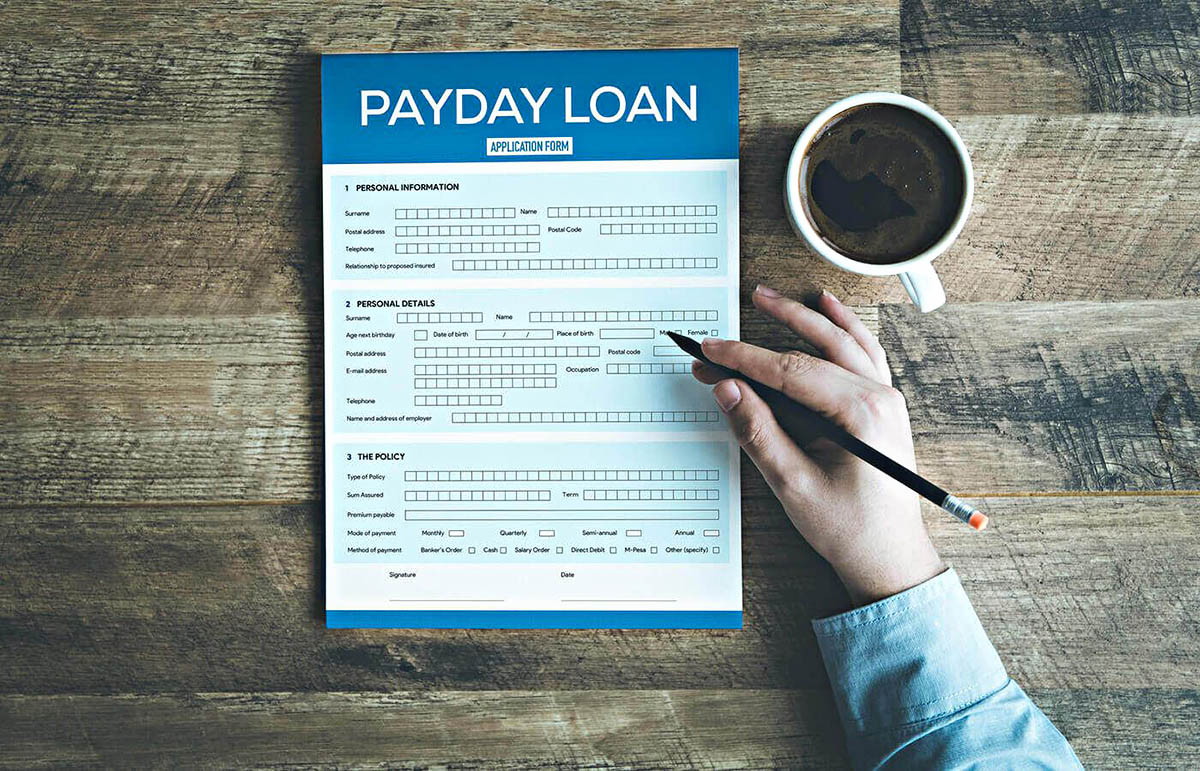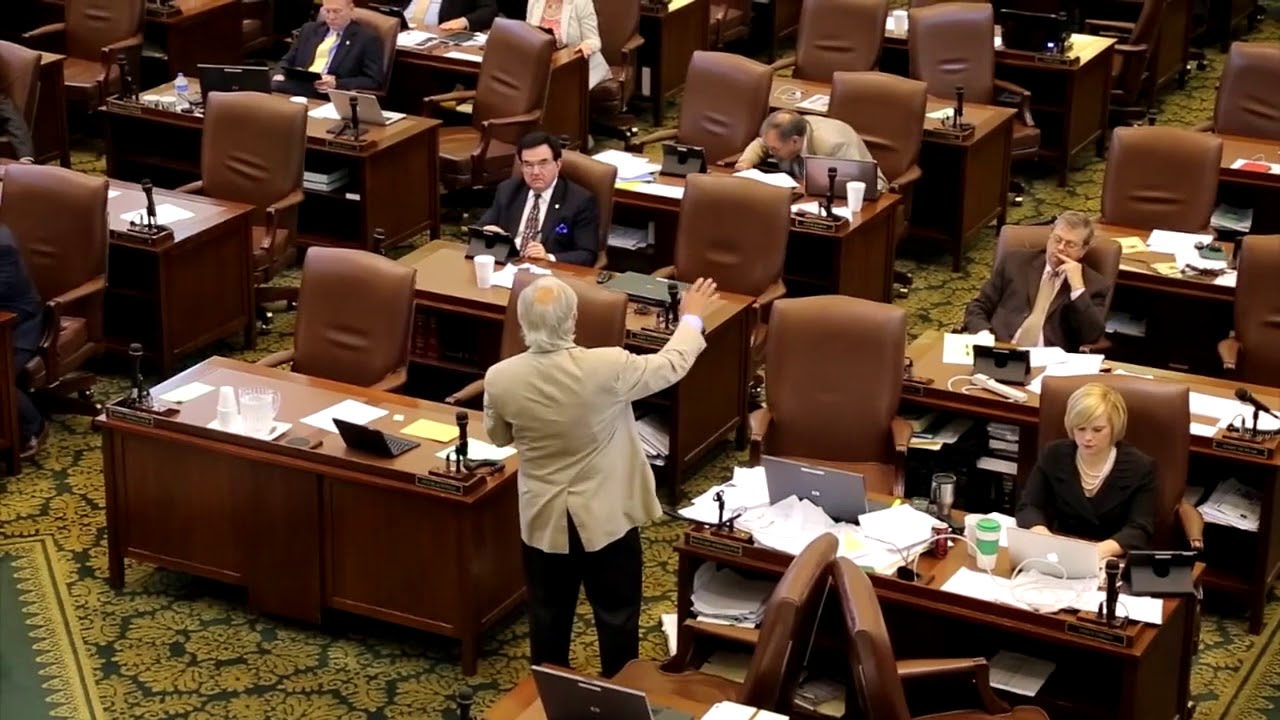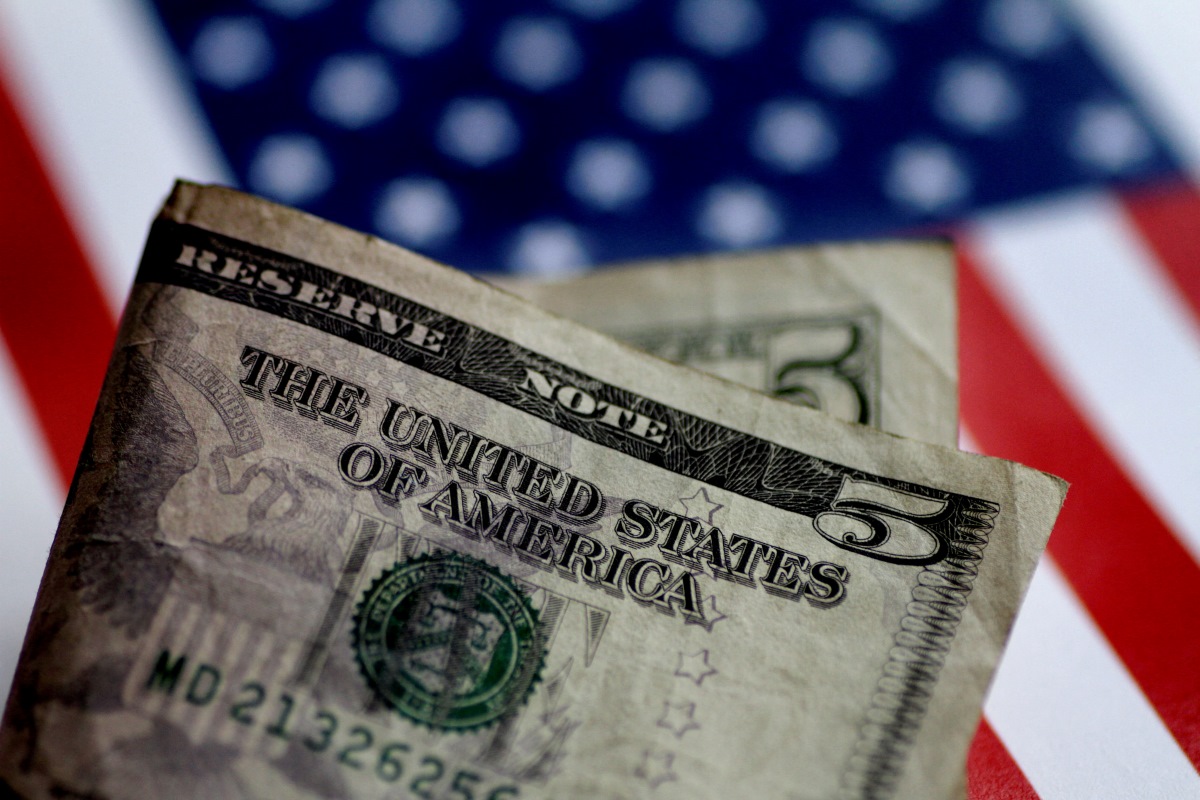

Finance
In Which States Are Payday Loans Illegal?
Modified: February 6, 2024
Find out where payday loans are illegal in the United States and learn about the finance laws in those states. Protect yourself from predatory lending practices.
(Many of the links in this article redirect to a specific reviewed product. Your purchase of these products through affiliate links helps to generate commission for LiveWell, at no extra cost. Learn more)
Table of Contents
Introduction
Introduction
Welcome to the complex world of payday loans! These short-term, high-interest loans have been a topic of controversy and scrutiny for years. While they can provide quick cash to individuals in need, the associated fees and interest rates can often lead borrowers into a cycle of debt. Understanding the legal landscape of payday loans is crucial for both consumers and lenders. In the United States, the regulations surrounding these loans vary from state to state, with some states outright banning them and others imposing strict regulations to protect consumers.
As we delve into the legal status of payday loans across the United States, it’s important to recognize the impact of these regulations on individuals and communities. By shedding light on the states where payday loans are illegal or heavily restricted, we aim to provide a comprehensive overview of the current regulatory environment. Whether you’re a borrower seeking financial assistance or a professional in the finance industry, this exploration will offer valuable insights into the evolving landscape of payday loan legislation.
States Where Payday Loans Are Illegal
While payday loans are a readily available financial option in many states, there are several states where they are strictly prohibited. These states have implemented laws and regulations to protect consumers from the potentially predatory nature of payday lending. By outlawing payday loans, these states aim to prevent individuals from falling into cycles of debt caused by exorbitant interest rates and fees.
One of the states where payday loans are illegal is New York. The state’s laws prohibit payday lending under the “civil usury” statute, which caps interest rates at 25%. Additionally, New York’s Department of Financial Services has taken active measures to combat online payday lending, making it challenging for lenders to bypass the state’s regulations.
Another state that has banned payday loans is Connecticut. The state’s Department of Banking strictly prohibits payday lending, protecting consumers from the potential financial hardships associated with these high-cost loans.
Furthermore, states such as Maryland and Massachusetts have also enacted legislation to outlaw payday lending, emphasizing consumer protection and financial well-being.
It’s important to note that the prohibition of payday loans in these states doesn’t leave consumers without alternative financial assistance. Traditional banks, credit unions, and other reputable financial institutions offer a range of regulated loan products with more favorable terms and interest rates, providing consumers with safer borrowing options.
States Where Payday Loans Are Partially Restricted
While some states have chosen to outlaw payday loans altogether, others have implemented regulations that place significant restrictions on these high-interest, short-term loans. These states have recognized the potential risks associated with payday lending and have taken steps to protect consumers while still allowing limited access to this form of credit.
One such state is California, where payday loans are legal but subject to strict regulations. The California Department of Business Oversight oversees the payday lending industry, imposing limits on loan amounts and fees to safeguard borrowers from excessive debt burdens.
Florida is another state where payday lending is permitted under certain restrictions. The state’s laws dictate a maximum loan amount and establish a cooling-off period between loans to prevent borrowers from becoming trapped in a cycle of continuous borrowing.
Similarly, in Texas, payday lending is legal, but the state has imposed regulations to mitigate the potential negative impact on consumers. Lenders in Texas must adhere to specific licensing requirements and disclosure obligations, aiming to provide borrowers with transparent and fair lending practices.
Ohio represents a unique case, as the state has implemented laws that effectively limit the interest rates on payday loans, making them less financially burdensome for borrowers. The Ohio Short-Term Loan Act restricts the APR (annual percentage rate) on payday loans, offering consumers greater protection against exorbitant interest charges.
These states’ regulatory frameworks demonstrate a commitment to balancing access to credit with consumer protection. By imposing restrictions on payday loans, these states strive to prevent the potential harms associated with high-cost, short-term borrowing while still acknowledging the demand for small-dollar credit options.
Conclusion
The landscape of payday loan regulation in the United States is diverse and dynamic, with some states opting to prohibit these high-interest, short-term loans entirely, while others have implemented stringent restrictions to protect consumers. By examining the legal status of payday loans across different states, we gain valuable insights into the evolving approach to consumer financial protection.
States where payday loans are illegal, such as New York, Connecticut, Maryland, and Massachusetts, have taken decisive measures to shield their residents from the potential pitfalls of payday lending. These prohibitions reflect a commitment to promoting responsible lending practices and safeguarding individuals from falling into cycles of debt and financial instability.
On the other hand, states where payday loans are partially restricted, including California, Florida, Texas, and Ohio, have adopted regulatory frameworks that seek to strike a balance between preserving access to credit and mitigating the risks associated with high-cost borrowing. These states have demonstrated a proactive approach to consumer protection by imposing limits on loan amounts, fees, and interest rates, thereby reducing the potential harm to borrowers.
Overall, the legal status of payday loans in various states underscores the importance of enacting measures that prioritize consumer well-being while addressing the demand for short-term financial solutions. By evaluating the approaches taken by different states, policymakers, financial institutions, and consumers can gain valuable insights into the complexities of payday lending regulation, fostering informed decision-making and responsible financial practices.
As the landscape of payday loan regulation continues to evolve, it remains essential for stakeholders to engage in ongoing dialogue and collaboration to ensure that regulatory measures effectively balance the need for access to credit with the imperative of protecting consumers from predatory lending practices.














